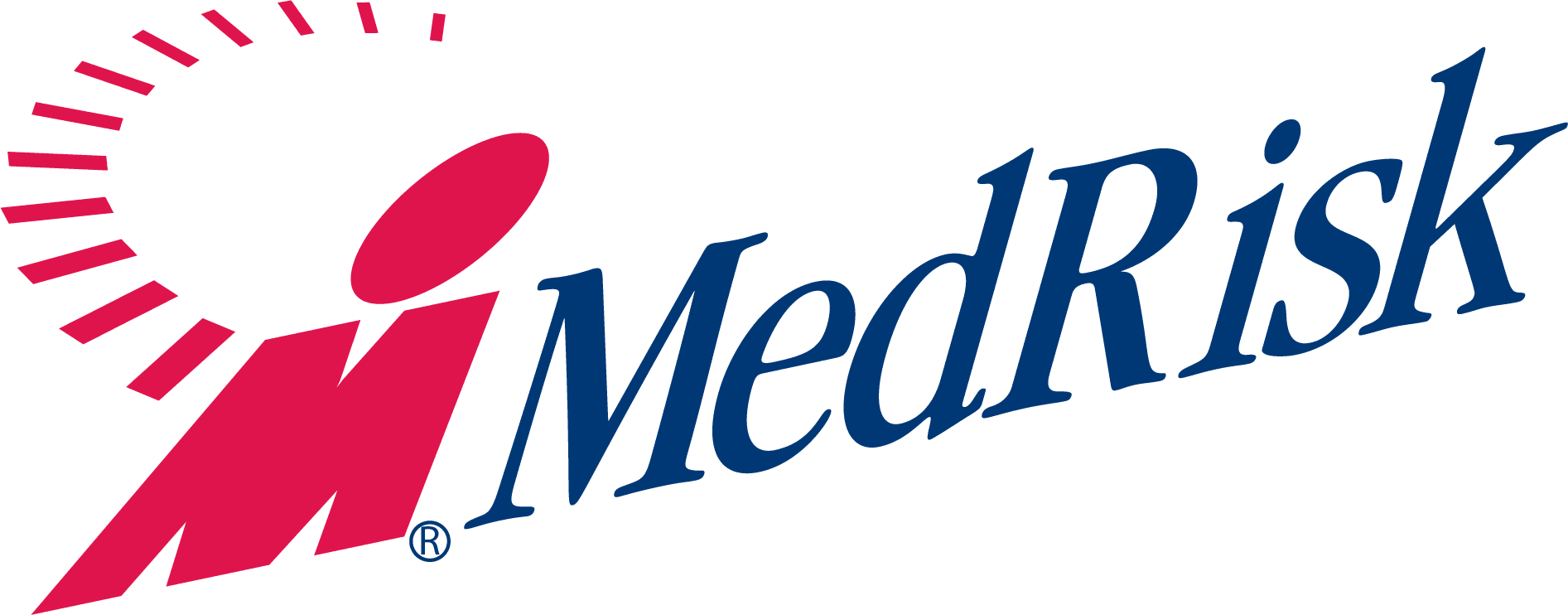Here is a summary of legislative and regulatory developments and challenges for the third quarter of 2021 and their practical implications:
Legislative Action & Trends: As reported in the recently published NCCI 2021 Regulatory and Legislative Trends Report, recent state legislative activity has focused heavily on the COVID-19 pandemic. These legislative measures have adopted and expanded presumptions that workers’ exposure to COVID-19 arises out of and in the course of and scope of employment and therefore, is a compensable injury or disease under workers’ compensation. Five states that recently expanded presumptions are Alaska, Illinois, Minnesota, Vermont and Wyoming.
Further, legislative measures establishing a presumption of work-relatedness are broadening employers’ WC exposure in three additional ways. First, the original list of workers subject to the presumption (e.g., health care workers and first responders), has been considerably broadened to include many less dangerous employee classes as seen in statutes in Texas and Virginia.
Second, many bills do not have sunset dates tied to a time-limited COVID-19 emergency declaration (typical of a gubernatorial executive order), so they will not expire when the pandemic subsides. Rather, they will become a permanent part of the WC benefits landscape.
Third, some bills are not limited specifically to COVID-19, but instead have terms that apply broadly to future unspecified infectious diseases or pandemics, e.g., statutes in Tennessee and Washington.
Another societal trend finding its way into legislation affecting WC compensability arises from public awareness of the serious and lingering health effects of post-traumatic stress syndrome (PTSD) suffered by public safety personnel and armed service members. States enacting legislation in 2021 expanding WC coverage for mental injuries include Connecticut, Idaho, Maine, Maryland, Nebraska, New Hampshire, Utah, West Virginia and Wisconsin.
Implications: The third quarter of 2021 was relatively quiet from a legislative perspective, with many legislatures adjourned or in special session focused on issues not specifically directed at WC. With the arrival of autumn, however, most state assemblies will reconvene to continue their consideration of pending bills that, while not narrowly targeting WC, may have a large impact on WC claims in the longer term.
North Dakota: On August 1, North Dakota became the first US jurisdiction to permit physical therapists to act as primary treating providers for workers’ compensation claimants. The state’s exclusive state fund, Workforce Safety & Insurance agency (WSI), issued guidelines permitting PTs to perform stay/return to work planning, correspond with WSI regarding the injured worker’s injury, provide capability assessments every two weeks, determine maximum medical improvement to guide claim management and refer the patient to most other health care providers without WSI prior authorization.
Implications: Allowing patients to have direct access to PTs without requiring a referral from a physician is common within group health plans, but the North Dakota statute and guidelines break new ground for workers’ compensation claimants. North Dakota employers currently have the option of requiring injured workers to treat with the employer’s choice of Designated Medical Provider, however, so the immediate impact on employers may be limited. Nevertheless, this innovation bears watching as a means of delivering prompt and cost-effective health care and medical management to claimants who have experienced musculoskeletal injuries.



